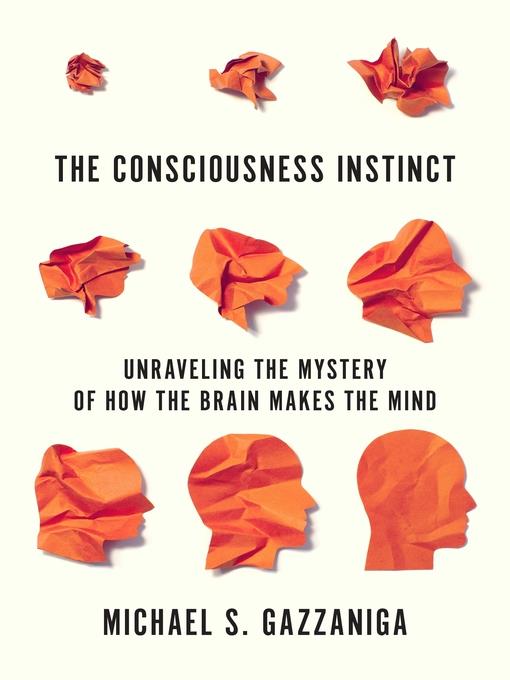
The Consciousness Instinct
Unraveling the Mystery of How the Brain Makes the Mind
- اطلاعات
- نقد و بررسی
- دیدگاه کاربران
نقد و بررسی

Starred review from January 15, 2018
Bolstered by a background in neurobiology and human psychology, Gazzaniga (Tales from Both Sides of the Brain), director of the SAGE Center for the Study of the Mind at UC Santa Barbara, adopts a philosophical approach in this insightful book—a “fresh attempt to wrestle with” the question of consciousness and the relationship between brain and mind. Gazzaniga posits that “consciousness is an instinct” and that the brain is a relatively independent, adaptable, and flexible system of local modules organized in a layered architecture, cohering through more integrative modules at a higher level. By discussing an array of substantial brain injuries throughout the book, he demonstrates that modules have the ability to mediate their specific functions as well as participate in the emergent property of subjective experience. Gazzaniga details how the understanding of human consciousness progressed; he examines the ideas of such philosophers as Aristotle, Descartes, David Hume, and William James, and shows where the centuries-long struggle to find the seat of consciousness has floundered. He also refreshingly grounds the work in real experimental data, revealing himself to be an intelligent mental explorer and master syncretist. Gazzaniga’s accessible, well-organized arguments are bound to provoke deep metathoughts, and readers should find his treatise delightful.

February 1, 2018
One of the world's leading cognitive neuroscientists upends binary theories of consciousness and argues that it is manifested throughout the brain by localized circuits, an idea backed by emerging scientific data and resonant with philosophical ideas that have been around for centuries.Director of the SAGE Center for the Study of the Mind at the University of California, Santa Barbara, president of the Cognitive Neuroscience Institute, and founding director of the MacArthur Foundation's Law and Neuroscience Project, Gazzaniga (Tales from Both Sides of the Brain: A Life in Neuroscience, 2015, etc.) is unquestionably one of the top experts in his field. In his latest book, the author surveys the history of the mind/body problem and explains how 50 years of research led him to develop a transformative new theory of consciousness. He argues convincingly that "consciousness is not a 'thing.' It is the result of a process embedded in an architecture, just as a democracy is not a thing but the result of a process." Noting that consciousness persists despite all types of brain injuries and diseases, implying that it does not emerge from one area of the brain, the author makes the novel argument that consciousness is instead borne from a network of "modules" located throughout the brain, each with a hyperspecific function and each contributing to the "flow of consciousness." Referencing scientists and thinkers from William James to Niels Bohr to Steven Pinker, Gazzaniga explains how his theory works with the laws of physics and the latest neuroscience and also resonates with ideas put forth by pioneering philosophers. Because he uses straightforward language and contextualizes his research in familiar ideas, this is a book for readers of all ages who are intrigued by consciousness and how it works.As he has done in previous books, Gazzaniga easily draws readers into one of the most fascinating conversations taking place in modern science.
COPYRIGHT(2018) Kirkus Reviews, ALL RIGHTS RESERVED.




دیدگاه کاربران